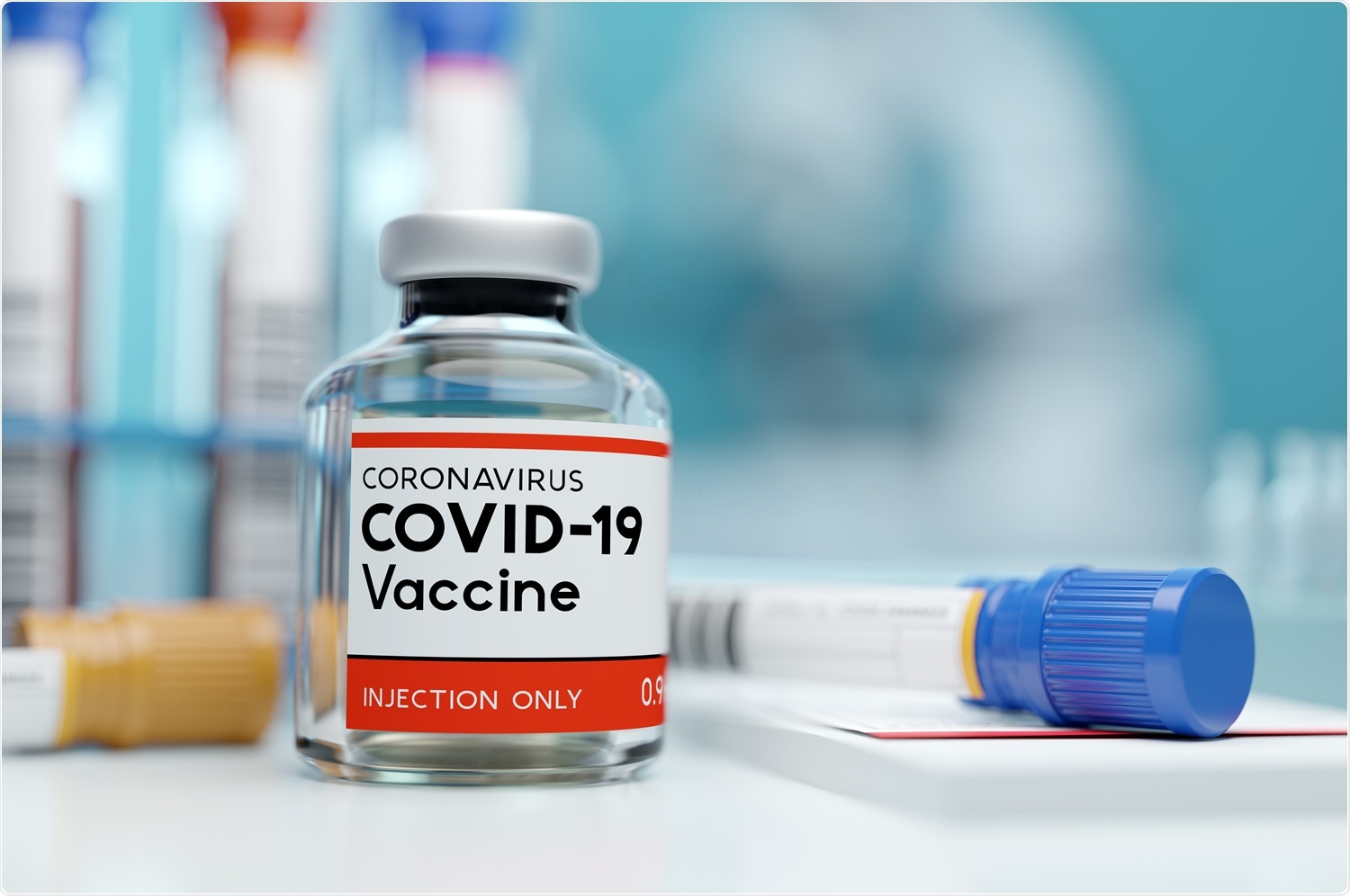
According to a new study in Sweden, people who got the mix-and-match COVID-19 vaccines have a lower chance of infection. However, this is when compared to those with two doses of the AstraZeneca shot. Here’s the full story.
Study reveals mix-and-match covid vaccines are better

The new study observed infection rates among people who took the first dose of Oxford-AstraZeneca’s shot and followed it with an mRNA vaccine. With those who took two shots of the AstraZeneca. Due to safety concerns, the use of AstraZeneca shot is at a halt for those below the age of 65 in Sweden. However, those who got their first dose were recommended to take an mRNA shot for their second dose.
The study was published in a European journal called ‘The Lancet Regional Health’ on Monday. The results are based on data obtained from Sweden’s Public Health Agency, National Board of Health and Welfare in addition to Statistics Sweden. “The WHO has stated that despite the promising results from previous studies regarding the immune response from mix-and-match vaccination. There is a need for larger studies to investigate their safety and effectiveness against clinical outcomes. Here we now have one such study,” said Marcel Ballin. Ballin is a doctoral student and a co-author of the paper.
Here’s what the experts say
According to the study, Out of 700,000 individuals, 67 percent people showed a low risk for infection with the mix-and-match covid vaccines. Additionally, “there was a 79 percent lower risk of infection for AstraZeneca and Moderna vaccine shots. Compared to unvaccinated individuals,” revealed the study. Moreover, among people who received two doses of AstraZeneca, a reduction of 50 percent was noted.
“Having received any of the approved vaccines is better compared to no vaccine. And, two doses are better than one,” said Peter Nordstrom. Nordstrom is a professor at Sweden’s Umea University. “However, our study shows a greater risk reduction for people who received an mRNA vaccine. After having received the first dose of a vector-based, as compared to people having received the vector-based vaccine for both doses.”





